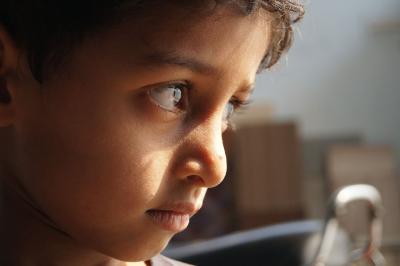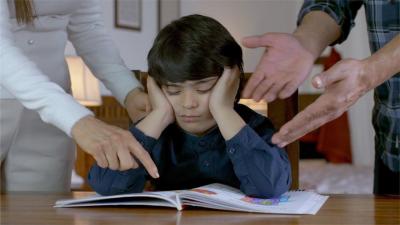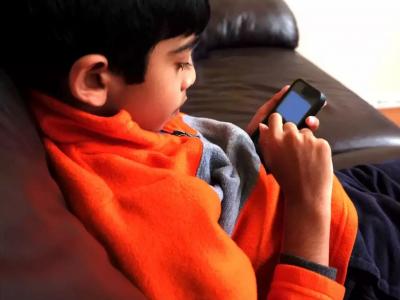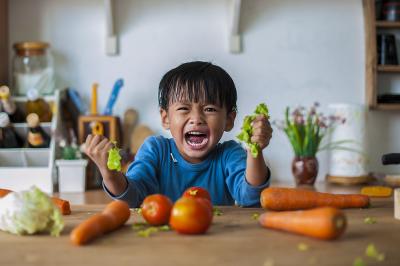Here's why anger is increasing in children
By Lokmat English Desk | Published: December 5, 2023 11:36 AM2023-12-05T11:36:00+5:302023-12-05T11:36:00+5:30

In recent years, there has been a noticeable rise in children's anger issues. Which has led to the use of disrespectful language towards parents, expressing frustration over minor issues, and a tendency to disregard parental advice, insisting on their own perspectives and dismissing parental guidance.

According to psychologists, the increase in time screens, the relationship breakdown due to the joint family system, and the difficult communication due to lack of attention from parents, academic stress, irritating in school as well as reading a scary books.

Excess use of mobile
Mobile usage has seen a notable surge in the past few months, with some children creating accounts on social media platforms. These youngsters are frequently engaged in comparing the number of likes their posts receive with those of others, contributing to a heightened sense of social comparison among them.

No joint family system
In many families both the parents are at work. This is likely to disrupt the communication between children and parents. They don't find someone close to them when they want to talk.

Working parents.
In an effort to provide a comfortable life for their children, both parents work, leading to a situation where they find themselves lacking sufficient time for meaningful conversations with their kids.

Unmet Needs or Wants
Children may become frustrated and angry when their basic needs or desires are not met. This can include the need for attention, affection, food, or toys. As they may not have developed effective communication skills, anger might be their way of expressing these unmet needs.


The word 'NO'
It seems there are two children in the family, and as a result, they may not have developed the habit of listening from a young age. They tend to get irritated when instructions or information are not immediately communicated to them. In today's scenario, children often receive significant pampering, making them less receptive to parental irritation. It's a delicate balance for parents to manage.

















